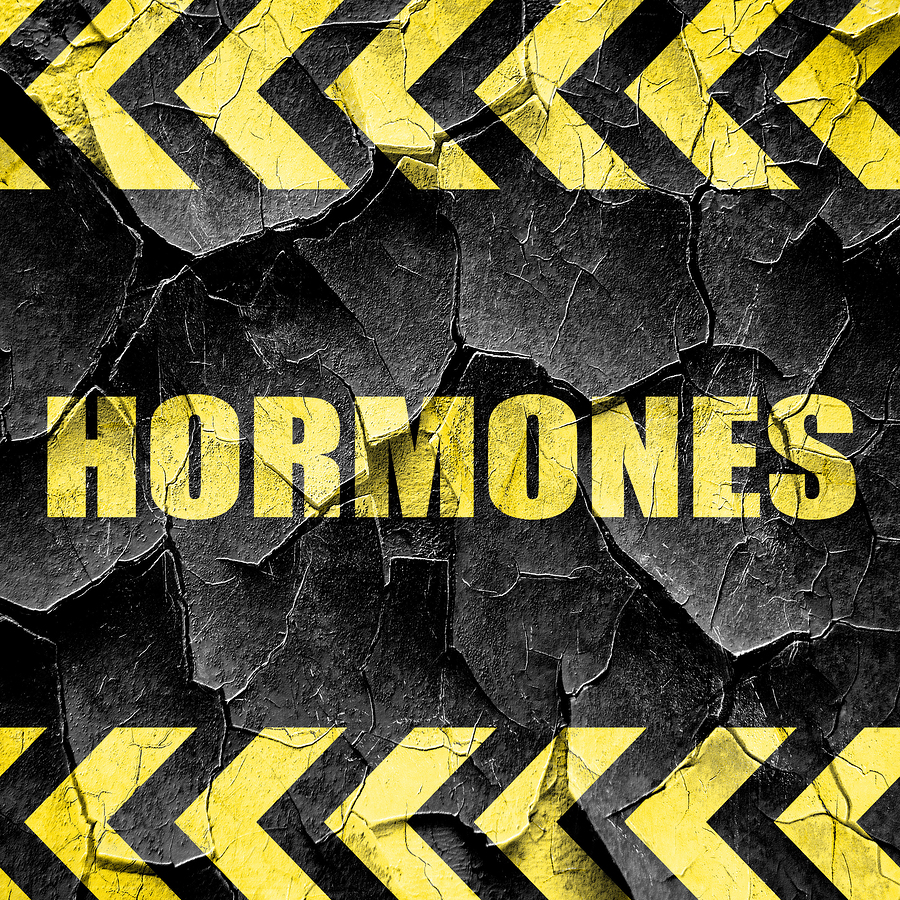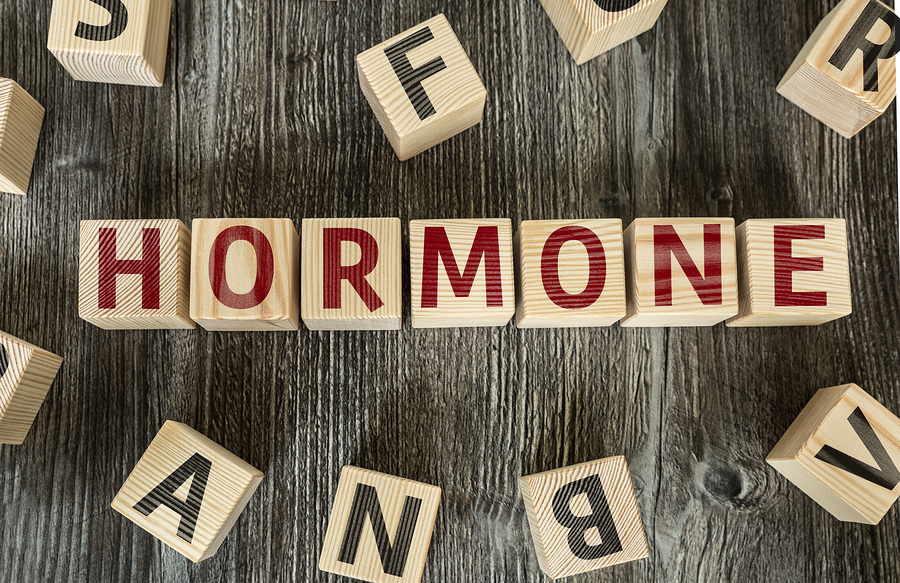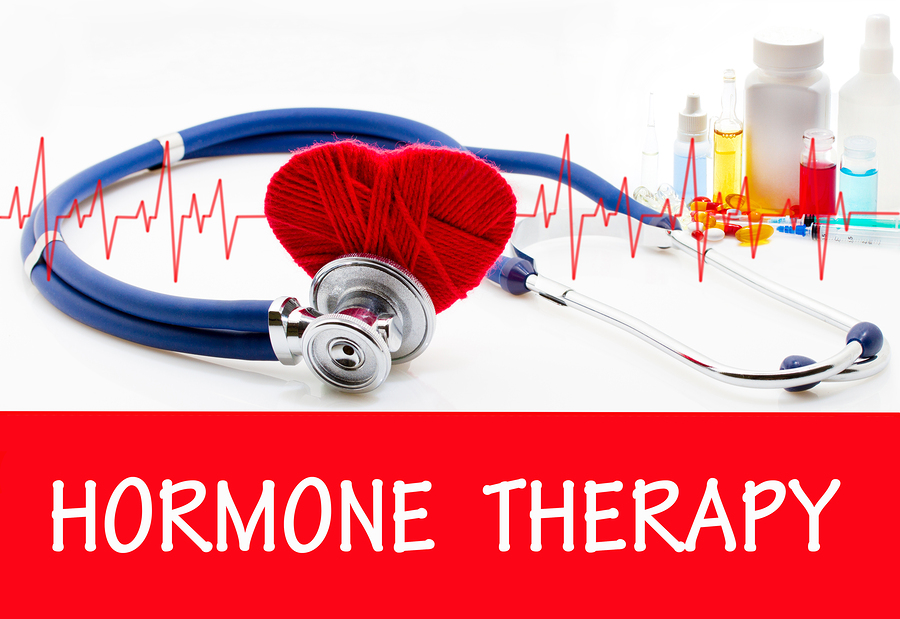- Make It Yourself Lavender Heart-Shaped Bath Bombs!
- 20 Things You Never Knew About “Down There”
- 12 Best Foods For Those Suffering From Arthritis Pain
- 12 Personal Hygiene Mistakes Almost Everyone Makes (Mom Never Told You About #4!)
- 15 Medicinal Plants And Herbs From The Cherokee People
- 12 Mind-Blowing Benefits Of Drinking Coconut Water During Pregnancy
- 12 Outstanding Winter Foods That Won’t Fatten You Up Like A Christmas Turkey
Hormones: The Key To A Healthy Mind And Body

Photo credit: bigstock.com
The human body is an amazing thing, but you probably weren’t aware of some of the ways it maintains your mind and overall health. Hormones are part of the processes that control the way we feel. If you are overwhelmed or have fatigue, hormones may be the cause of your feelings. In fact, if you have a hormone imbalance, you’re probably not feeling 100 percent.
Hormones are simply chemicals in our bodies that communicate with other functions in the body. They are major players when it comes to our mental and physical health. If you’re not feeling completely right, or maybe you just feel a little off, hormone imbalance may be the culprit.
Of course, you may wonder how you can fix such an issue if it is related to hormones. The good news? You can rebalance your hormones with a few changes. Hormones can be reset through changes to your diet and activity level. Before you make any changes, however, it is critical to understand how hormones and nutrition interact.
What Are Hormones?
Hormones are simply chemical mechanisms by which the body communicates. There are many different kinds of hormones, and each are specialized for their purpose. In fact, each hormone has its own job and works to communicate with a specific part of the body. A good example is melatonin, which is linked to our circadian rhythms. Melatonin can help the human body sleep or adjust to a new sleeping pattern and is even found in the vitamin section of some stores.
Hormones are concentrated and even a small amount can make changes in the body. This means that small changes in your diet or lifestyle can make huge changes on your hormones and affect the balance in your body.
When talking about hormones, you should know that there are four basic types that are grouped according to what they do. The four types of hormones are:
- Steroids
- Peptides
- Amines
- Eicosanoids
Hormones within each of these categories can be triggered by certain changes including natural growth or age, diet or nutrition, and even by interacting with other hormones. The brain can also allow the release of hormones into your body.
In the past few years, there have been some incredible breakthroughs in the field of hormone research. We’ve learned more in the last decade than years prior, and that means there’s more understanding of the individual hormones and their role in your whole body health.
Continue to Page 2

Photo credit: bigstock.com
Hormones And Your Health
Hormones can impact your health in a variety of ways including how you feel and how your body reacts to certain activities. A good example of this is the hormone leptin. Leptin is the hormone that our body uses when we’re eating — this hormone’s sole purpose is to tell the body when we’ve had enough to eat or when we’re “full.” The job of leptin is to delegate how we use the energy taken in from food, so it has an important overall function, but this function can get out of balance.
Scientists have discovered that when we have a hormone imbalance that involves leptin, it throws off the natural cycle of hunger and satisfaction. This means that the way the hormone communicates with your body has been thrown out of balance, and the hormone no longer acts to tell you when you’re full. You gain a resistance to the leptin messages being sent to your brain and, as a result, you can gain weight due to overeating. However, you can fix this through a change in your diet and the foods you eat, so there is hope if you’re experiencing an imbalance with leptin.
This is just a single example of how a hormone imbalance can impact your life and your body.
Continue to Page 3

Photo credit: bigstock.com
Causes Of Hormone Issues
The causes of hormone imbalances can be varied, but there is a known link between hormone issues and processed foods. Some chemicals can also cause problems because they actually resemble hormones in their basic structure. When they enter the body, these can really wreak havoc on your health.
Hormonal issues can be linked to a variety of causes, however, not just diet and chemicals in our environment.
- Anxiety or Stress – stress is a major factor in how our hormones impact our lives
- Medical Issues – surgical procedures or even prescriptions can alter your hormones
- Chemicals – specifically those that disrupt our natural hormone balance
- Genetics – if you were born with a genetic condition, you may have problems with hormones
- Diseases – any illness can impact your hormones
Hormone disrupting chemicals are commonly found in items like plastic, and these chemicals are usually referred to as EDCs. They work by acting like a natural hormone even though they are a chemical. They block and confuse the body, leading to an imbalance in hormone levels as well as other issues. In fact, the latest research even shows that mental health is closely related to hormone function in your body. There truly is a mind-body connection when it comes to your hormones and your health.
The good news is that a hormone imbalance is not a permanent condition. It can be treated with simple life changes like diet and increased activity levels.
Continue to Page 4

Photo credit: bigstock.com
Returning Your Hormone Levels To Normal
You can restore your hormone balance with some lifestyle changes that target processed foods and other environmental factors. Recent research has actually led to a list of do’s and don’ts for those experiencing problems with their hormones.
It’s actually pretty simple and involves avoiding processed foods or any sort of refined food. Try to eat foods that are all-natural or organic. Be aware of the ingredients in the food you eat as well as the chemicals you surround yourself with.
READ ALSO: 6 Natural Ways To Balance Hormones And Feel Good Every Single Day
Natural foods are one of the best ways to reset your internal hormone levels. A diet that combines organic foods with clean proteins is one of the best. Simply making these changes to your lifestyle will do wonders for changing the way your hormones interact with your body.
References:
































